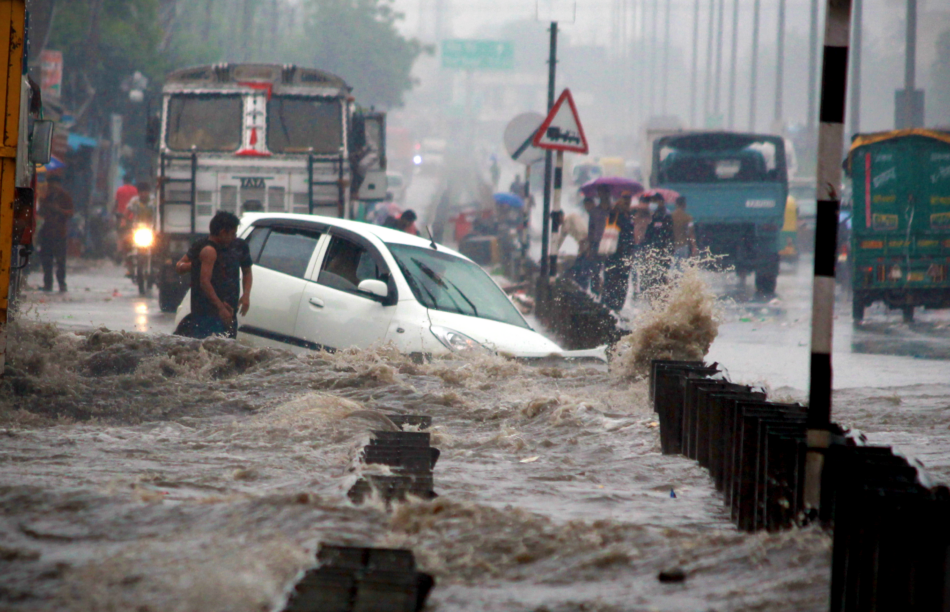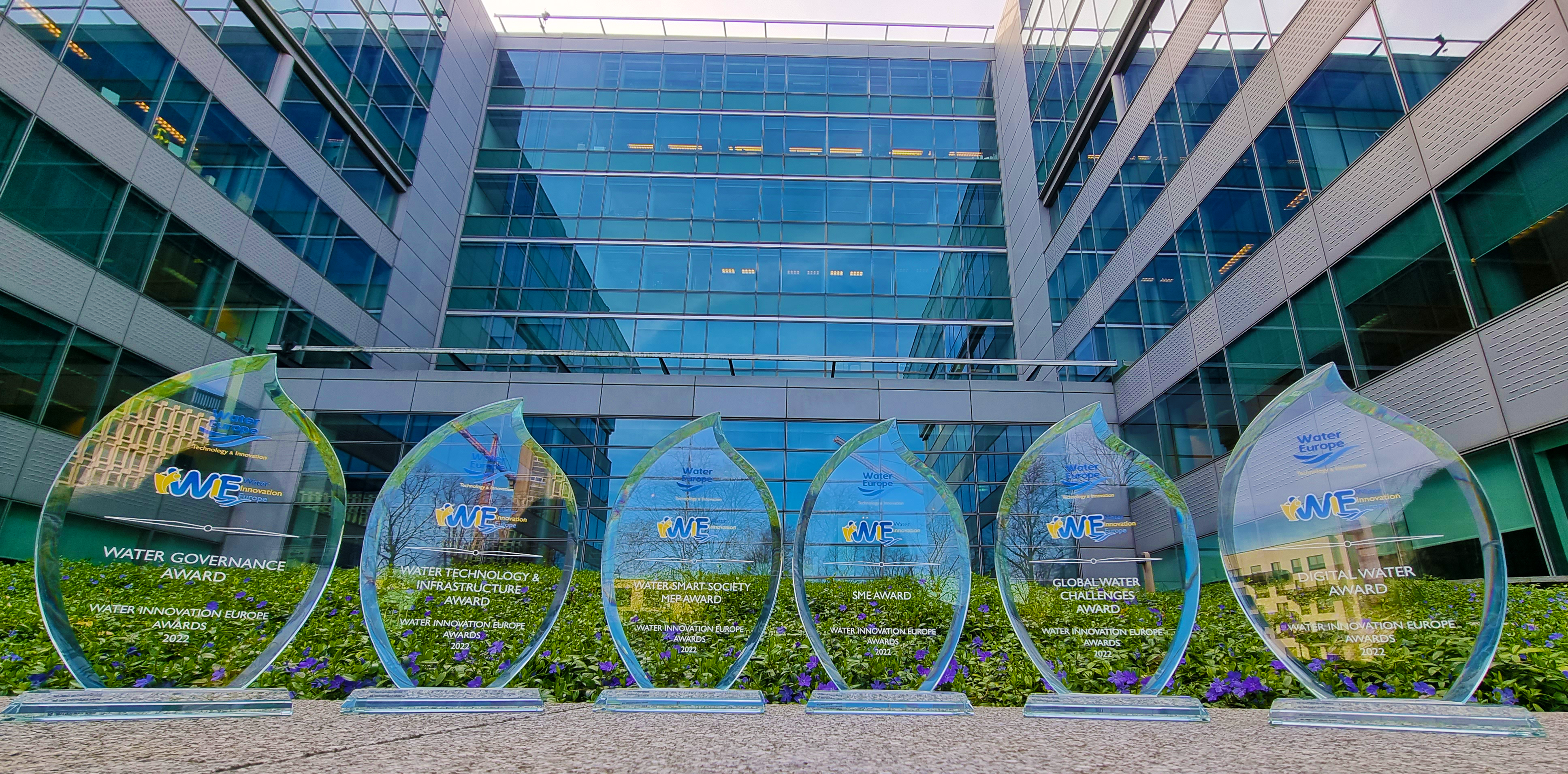In recent years, India, Australia and Western Europe have been hardly affected by powerful storms and extreme floods. The impact of climate change on extreme water-related events like this is becoming increasingly evident.
Scientists around the world studied how the water cycle has been intensifying. As the planet warms this will continue to intensify.
The water cycle is the process by which water circulates between the earth’s oceans, atmosphere, and land, involving precipitation as rain and snow, drainage in streams and rivers, and return to the atmosphere by evaporation and transpiration. It might fall as rain or snow, seep into the ground, run into a waterway, join the ocean, freeze or evaporate back into the atmosphere.
As we are seeing an overall increase in the rates of precipitation and evaporation, warming temperatures are considered the most important factor responsible for intensifying the water cycle. In the future, this intensification will lead to strong rainfalls, reductions in mountain glaciers, warming temperatures and decreasing duration of seasonal snow cover.




